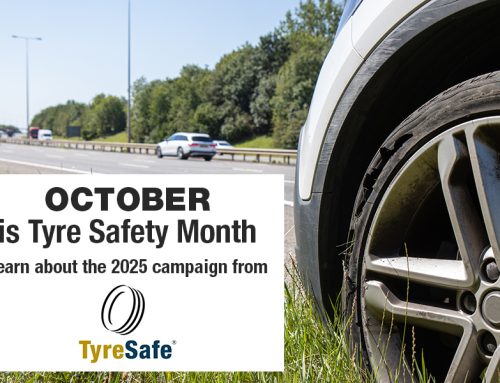Employees driving personal vehicles for work
When employees use their own vehicles for work-related purposes, the term often used for that group of drivers is a ‘grey fleet’. Managing a ‘grey fleet’ comes with its own set of challenges and considerations – but one thing that remains constant is your legal compliance and duty of care responsibilities.
Even if an employee is driving a personal vehicle for work, you still need to show the same level of commitment to managing road risk and protecting the drivers’ health and safety as you would for leased, company-owned or hired vehicles.
A best practice driving for work policy is a valuable resource which will inform both your drivers and law enforcement of what your organisation is doing to protect grey fleet drivers and other road users.
With the Driving for Better Business driving at work policy template, you can include a specific section for grey fleet – so you can have peace of mind that you are dealing with the range of challenges across your fleet.
Can employees use their own cars?
Employees can use their own cars for work purposes – and it seems like it’s becoming more and more common.
According to Fleet News, data published by the HMRC showed that between 2021 and 2022, the number of company car drivers fell by 80,000. That’s likely to mean that employees are increasingly driving their own vehicles for work, instead of a company vehicle. There are also plenty of cases where organisations run both grey fleet and a company fleet – with robust and clear driver policies and management, it’s entirely possible to do this successfully.
But the worrying reality is that far too few companies manage their grey fleet adequately.
There’s no excuse for companies to let staff drive for work unchecked, just because it’s not a company-owned vehicle. If you are responsible for the safety of your employees, then your legal – and moral – obligations extend to any vehicles your employees use for work.
So, just as your organisation should have rules for employees driving company vehicles, you also need an employee use of personal vehicle for work policy. These don’t have to be separate documents – a driving for work policy can cover all of these sections, and therefore be a really valuable resource both for employers and employees.
What is the duty of care for driving for work?
Health and safety laws in the UK require employers to demonstrate the same commitment to driver safety to employees in private vehicles as they do to those driving company vehicles.
In simple terms: if you are responsible for employee safety, then you are responsible for ensuring anyone who drives for your organisation is doing so legally, is compliant and therefore safe to do so. You need be able to prove how you’ve taken steps to minimise the risks faced by, and created by, your drivers as part of your HSE employer responsibilities.
If your employee drives a personal vehicle for work, then it’s your responsibility as the employer to ensure the safety and roadworthiness of that vehicle, and to make sure that the driver is properly licensed and insured. You should have procedures and policies in place detailing how you make these necessary checks.
An employer’s driving at work duty of care also includes adhering to legal driving hours for car drivers UK and drivers of commercial vehicles – whether that’s the GB domestic rules or the EU rules.
There are additional responsibilities and factors that you should consider regarding your duty of care to employees. This Driving for Work Policy Builder covers all of the key sections that you need to have as part of your organisation’s risk management strategy.
What is the Health and Safety Act for driving for work?
According to the UK Health and Safety Executive (HSE), ‘the Health and Safety act Work etc Act 1974 requires employers to take appropriate steps to ensure the health and safety of their employees and others who may be affected by their activities’
It’s easy to think that once an employee steps out of the office, your responsibilities as an employer end there – but that is not the case.
The duty of care set out in the Health and Safety at Work etc Act 1974 still applies when an employee is driving for work, whether in a company, hired or personal vehicle.






